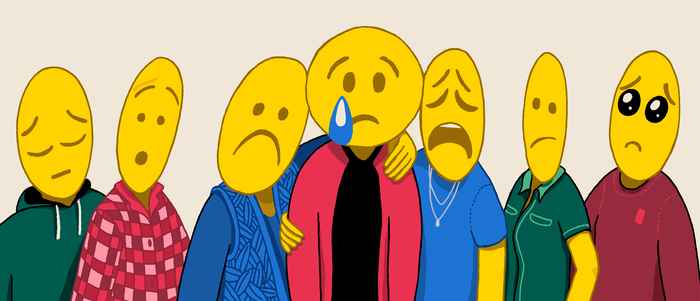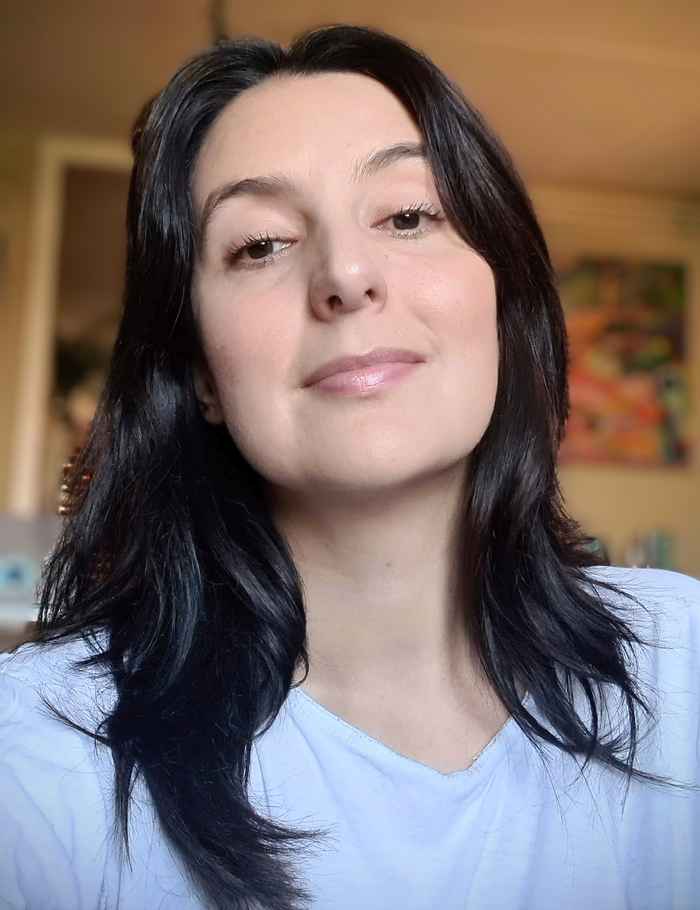Does Social Media make difficult topics easy to discuss?
27 February 2024

'On social media platforms, people are more and more open in discussions about mental health issues. They share personal stories, create memes and spread information to build a support network. As new media researchers, we are developing concepts and methods to understand these cultural shifts," Sánchez-Querubín says.
Taboo
In her research, Sánchez-Querubín pays attention to the question of what role new digital media play in discussing topics considered taboo. 'Think of things like being seriously ill, death and grief,' she explains. 'I want to discover how people use new technologies to connect with others going through the same thing in such situations.'

As an example, she cites her recent research figuring out how transnational families deal with funerals they cannot attend due to distance. 'The apps people use form their own ecosystem and change our approach to death. After the funeral, people can upload photos again, confronting others with this, normally, private matter. Such developments raise questions about etiquette on social media and how to deal with it.'
Communites
New technologies are also capable of creating communities. For her PhD, Sánchez-Querubín researched women who had miscarriages and found each other on Instagram by using hashtags in their posts. 'This target group shared stories among themselves and developed their own rituals to express their grief and feelings. This is happening in more and more places and shows how these new media have an important place in coping with difficult events.